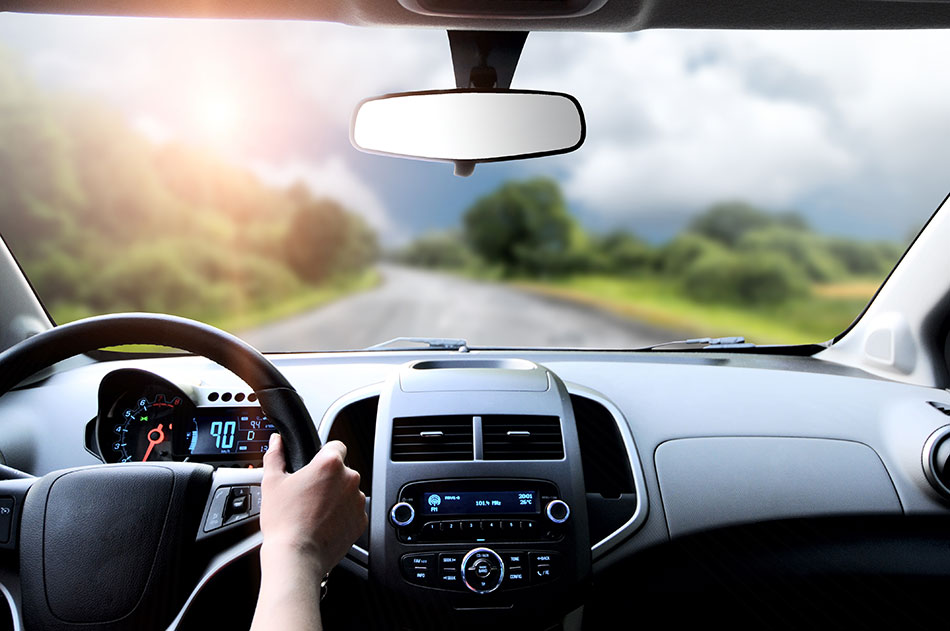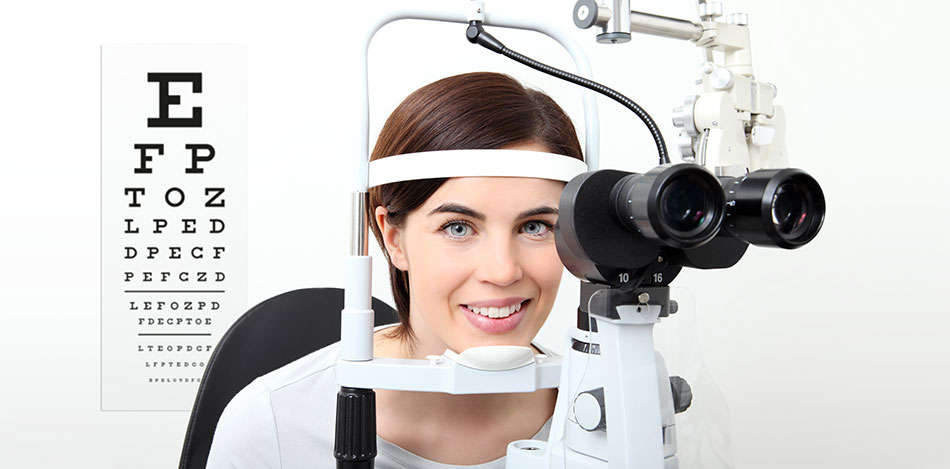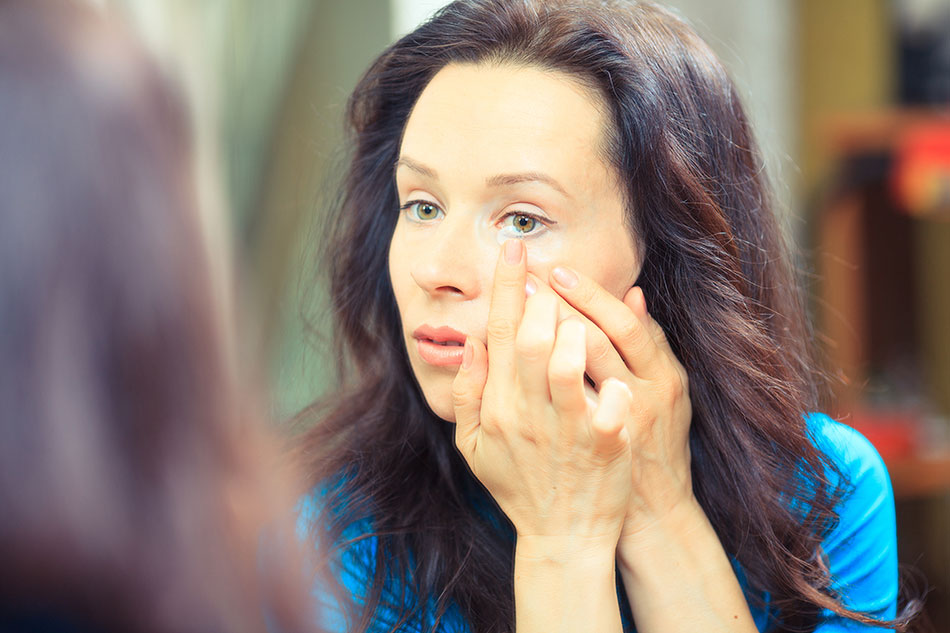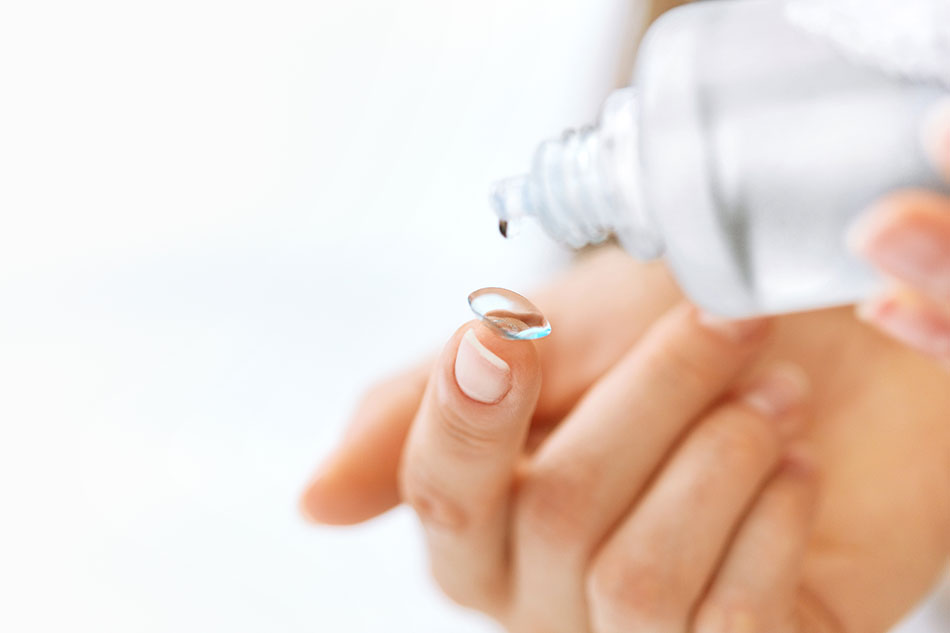Make the Switch: Top 10 Benefits of Contact Lenses

Are you on the fence about contacts versus glasses? Do you wonder whether contact lenses or glasses are the best fit for you? Are you considering switching to contact lenses?
We want to help you on this journey. After all, you can’t make a decision without complete information, can you? We will share the top ten benefits of contact lenses and some of the downsides to consider as well.
Knowledge is power, so read on for some great info that’s all about contact lenses!
Benefits of Wearing Contact Lenses
Most people who wear contacts are very happy with their choice. The majority of them would not be willing to return to wearing glasses on a full-time basis. But, we don’t want to paint some rosy picture for you. There are pros and cons to wearing contact lenses. You will have to consider both in order to make the decision that works in your best interests. Let’s begin!
1. Full Access to Your Field of Vision

Glasses allow you to see clearly, but that only applies for your frontal view. Your peripheral vision is often blocked by the frames of your glasses. On the other hand, contacts give you full access to your complete vision field.
Our peripheral vision is important. Think about driving a car. Being able to see what is coming from the left or right can help you avoid an accident. The same is true for those playing sports. Or for those who simply want to see the beauty of the world around them.
Also, contacts do not distort your vision the way some prescription glasses do. More complex prescriptions tend to result in thicker eyeglass lenses, which can generate distortion. Contacts, on the other hand, have no distortion, allowing your vision to be as natural as possible.
2. No Glare
We’re sure you have been blinded by the glare of the sun’s rays bouncing off your glasses. But contacts do not create any glare or sharp reflections of sunlight. This is because the lenses sit on your eyes and not in front of them. Contacts are a great option for outdoor activities in any type of light.
3. Easy to Wear
Contact lenses really are easy to wear. Within seconds, you can have a contact in your eye. You simply put the lens on the end of your finger and place it on your eye. Do the same with your other eye, and you’re good to go!
Although glasses are also easy to put on, they are not nearly as comfortable. Glasses often feel heavy on the bridge of your nose and the tops of your ears. Whereas you may forget that you’re wearing contacts, we can’t say the same for a pair of glasses.
4. Greater Convenience
Contact lenses fit just about any situation. Whether you are mountain hiking, relaxing in your backyard, or working in the office, contacts are there for you, giving you unobstructed vision.
Whereas all contacts are convenient, daily disposable lenses are uber-convenient. No need to worry about cleaning and storing your lenses. You discard the pair of disposable contacts at the end of the day. Then, each morning you greet the day with a fresh pair of lenses!

5. Great for Active People
Contacts are perfect for sports lovers and people on the go. Glasses tend to slip and slide, even with the least activity level.
Being active means getting sweaty. Glasses mist over as soon as you break a sweat, obscuring your vision. Finally, if a ball hits your glasses, your glasses may break and the fragments can easily damage your eyes.
Contact lenses have none of these problems. They do not slip. They don’t get misty. And, finally, they will never break and cause damage to your eyes.
6. Contacts Work Well With Many Different Prescriptions

Do you have any of the following conditions?
- Nearsightedness (myopia)
- Farsightedness (hyperopia or hypermetropia)
- Astigmatism
- Difficulty focusing vision on near objects (presbyopia)
If so, you’ll be glad to know that there are contact lenses perfect for each of them. New technologies allow people with unique vision issues to also wear contact lenses. The type of prescription is no longer a barrier to wearing contacts.
Contacts are quite useful for people with more complex prescriptions. The glasses in such cases tend to have thicker lenses. These lenses are viewed as less attractive. However contacts will always be thinner and easier to wear.
7. You’ll Feel More Confident in Contacts

There are a lot of negative stereotypes about people who wear glasses. Some people who wear glasses may feel unattractive or self-conscious. Since contact lenses are not noticeable, this uneasiness about needing vision correction disappears.
Glasses can also clash with your outfit or overall look. But contacts never detract from your outfit or look. They offer vision correction and style support at the same time!
In fact, a pair of colour contacts can help to elevate your look. These contacts can also bring authenticity for costume parties and cosplay events. Contact lenses are a great support tool for your vision and fashion requirements!
8. Contact Lenses Work Perfectly in All Weather

Contact lenses adapt to the weather far better than glasses. They do not:
- Steam up when you move from cold to hot settings
- Collect raindrops
- Collect deposits of other materials such as mud, grass, leaves, etc.
Even if a contact lens was to get a drop of rain, a simple blink wipes it away.
9. Contacts Can Even Treat Some Eye Conditions
Believe it or not, there are some contact lenses that can be used more like bandages. If you have keratitis or a corneal ulcer, you can wear a special contact to protect your eye until it heals. Research is underway to create lenses able to dispense medication directly in the eyes. There are special lenses used to correct eye conditions arising from misshapen corneas.
Orthokeratology (ortho-k) lenses are rigid gas permeable contacts that gently reshape your corneas overnight. Each night you would wear these lenses and remove them every morning. Your perfect vision would be restored all day without any need for glasses or standard contacts. However these are temporary vision improvements which require continued use of the ortho-k lenses.
10. Easy Maintenance

Once you have a reusable pair of lenses, you need to clean and store them every night. But this process is easy and just requires the use of your lens solution as the disinfecting agent.
Maintaining your contacts is far easier than keeping your glasses clean. During the day, your tears and blinking take care of any dirt or debris. With glasses, you have to clean away smudges and dirt several times a day with a special cloth.
However cleaning your contacts takes just a few minutes per day. You would then soak your contacts overnight in a clean contacts case with fresh lens solution.
If this seems like too much, you can choose to wear daily disposable contacts instead. These require no cleaning, since you wear them for one day and then throw them away.
Disadvantages of Contact Lenses
Balance is essential in all things. Let’s also look at the downsides to wearing contact lenses:
- It takes time to get used to wearing contact lenses. However, most hydrogel lenses make for an easy adjustment. It should only take you 10-12 days to get used to your contacts as a newbie!
- Contacts are easier to lose than glasses. However, they are not expensive to replace, so losing contacts is not as costly as losing a pair of glasses.
- They can also tear easily. This might mean replacing contacts more often than you thought you’d have to, which means spending money.
- The more convenient the contacts, the more expensive they may be. For example, daily disposable contacts cost more than gas permeable lenses that last a longer time. But still you may find your In the meantime, check out ourcontacts on sale.
- Contacts degrade over time. If you wear your contacts too long, your vision will not be as clear. You should never wear your contacts past their replacement date.
- Eye infections are more likely. But these infections occur more among people who do not follow the replacement or cleaning schedules for their contact lenses.
- You have a greater risk of scratching your corneas since you are touching your eyes. This also happens if you sleep in contacts that are not approved as extended-wear contact lenses.
The Decision Is Yours to Make!
Now that you know the benefits of contact lenses and the downsides, you can see if wearing contact lenses is right for you. If you believe that you would like to try wearing contacts, contact your optometrist for an eye exam.Your doctor will also be able to offer their insights and expert recommendations.
In the meantime, check out our online store to see the numerous contact lens options available and discuss your favourites with your doctor.
